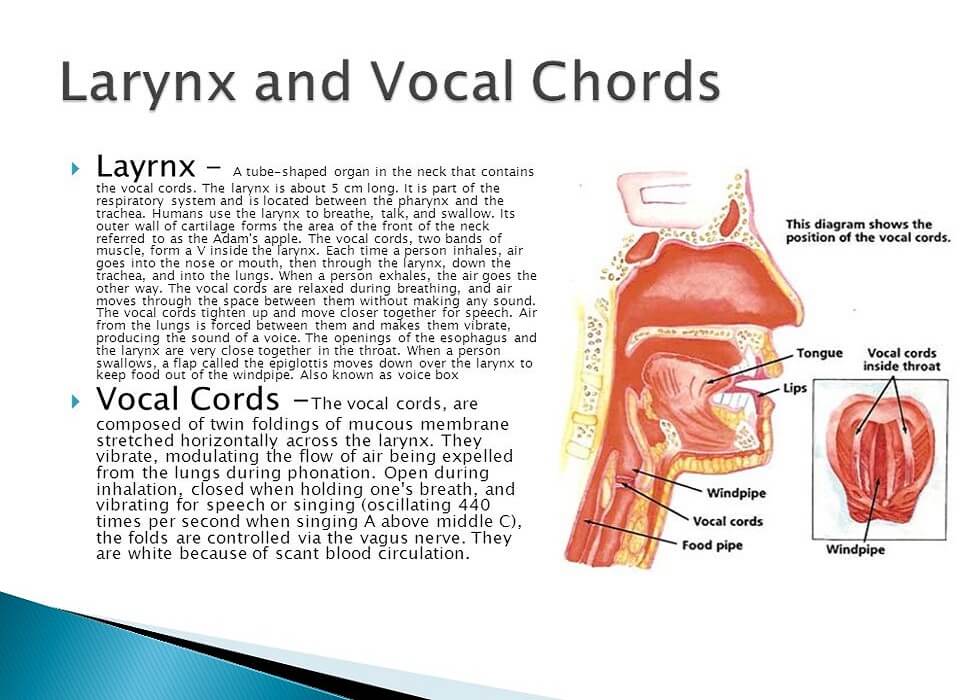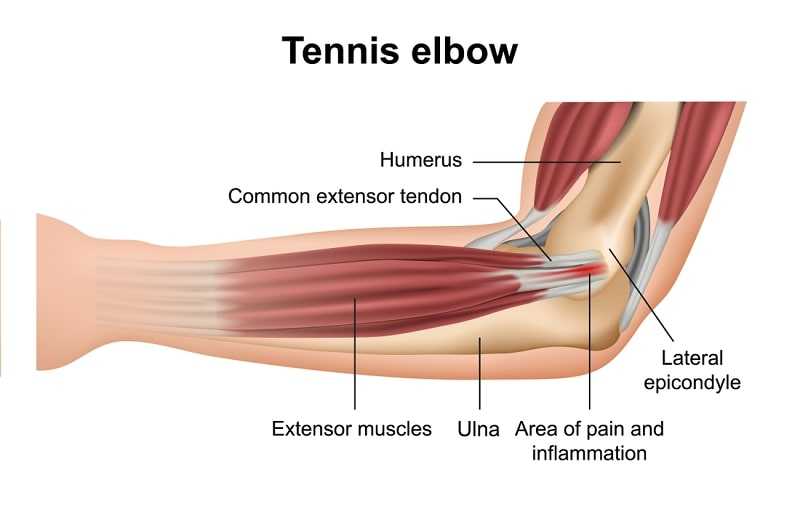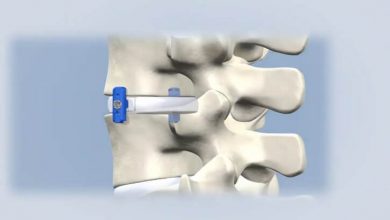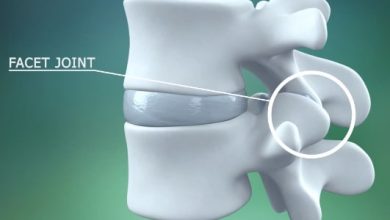Risks of Neck Surgery

Cervical spinal surgery is often complicated by the presence in the neck of numerous delicate structures which could be severely compromised by surgical trauma or accident. The thyroid gland, trachea, oesophagus, laryngeal nerve, carotid artery and other major tissues, nerves, and blood vessels are all packed into this region of the body and make back surgery in the cervical spine a complex issue. Along with the usual risks of any type of surgery, back surgery on the cervical spine also risks damage to the tissues and organs that play a vital role in respiration, metabolism, swallowing, and speech, amongst other things. Surgeons are extremely careful to choose the correct approach, therefore, when tackling problems in the cervical spine, and often elect a different form of surgery than they would if the problem were in the lumbar or thoracic regions.
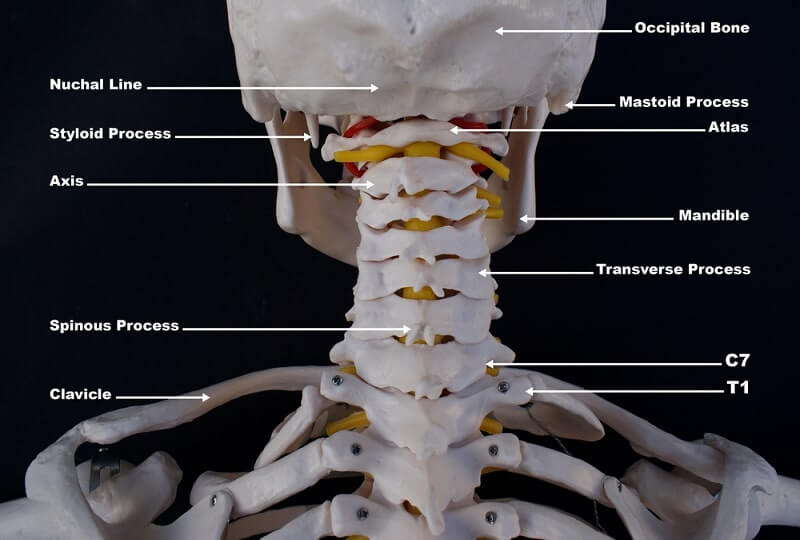
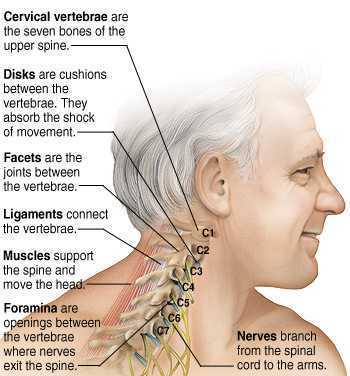
Anterior Approach to Neck Surgery
Many surgeons use an anterior approach in the cervical spine to achieve decompression. This is due to the mobility of the neck often having caused degeneration of the disc at the front of the spine rather than the back. Spinal nerves are, therefore, often pinched by herniated disc material, or osteophyte growth in the anterior spine rather than by the lamina or disc herniation at the back of the spinal canal. A patient may also need a stabilization procedure, such as spinal fusion, and some surgeons perform surgery on both the front and the back of the neck in order to achieve both decompression and stabilization.
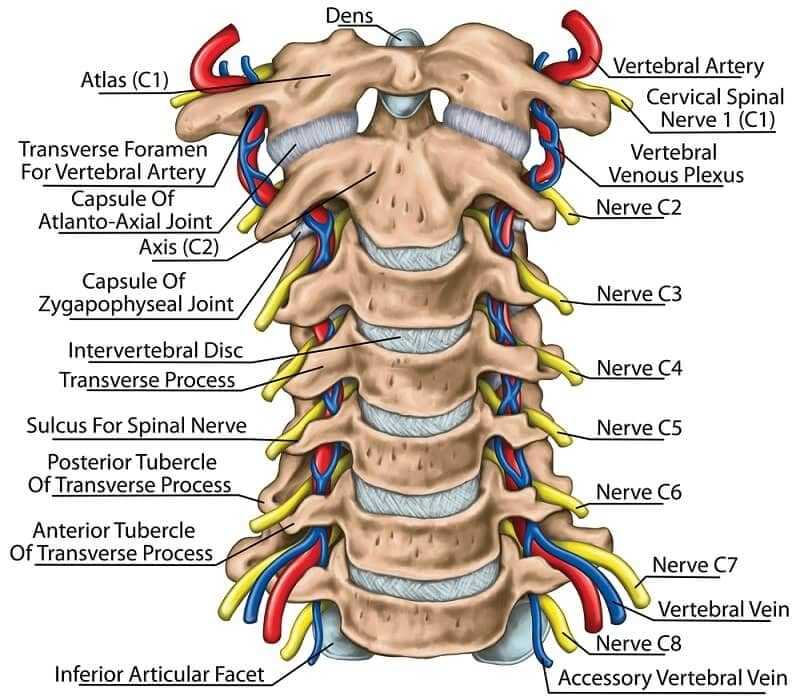
Neck Surgery Risks for Vocal Chords and Breathing
The usual risks of back surgery need consideration, with infection, anaesthetic problems, scarring, blood loss, bruising, and thrombophlebitis amongst some of the risks faced by patients when undergoing such surgery. Nerve damage, or blood vessel trauma are also possible, particularly in the confined spaces of the cervical spine. Surgery using an anterior approach may cause bruising to the laryngeal nerve leading to a huskiness of the voice immediately after surgery. This may become permanent in rare cases, or the voice may be lost altogether. Damage to the laryngeal nerve may also compromise the complex interaction between the larynx, pharynx, and other structures in the neck, leading to respiratory problems and problems swallowing food.
